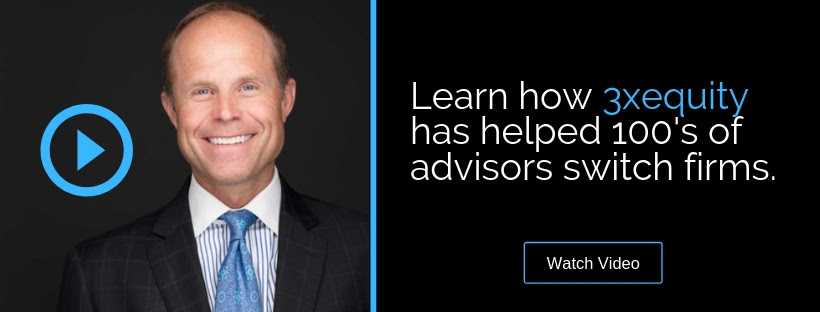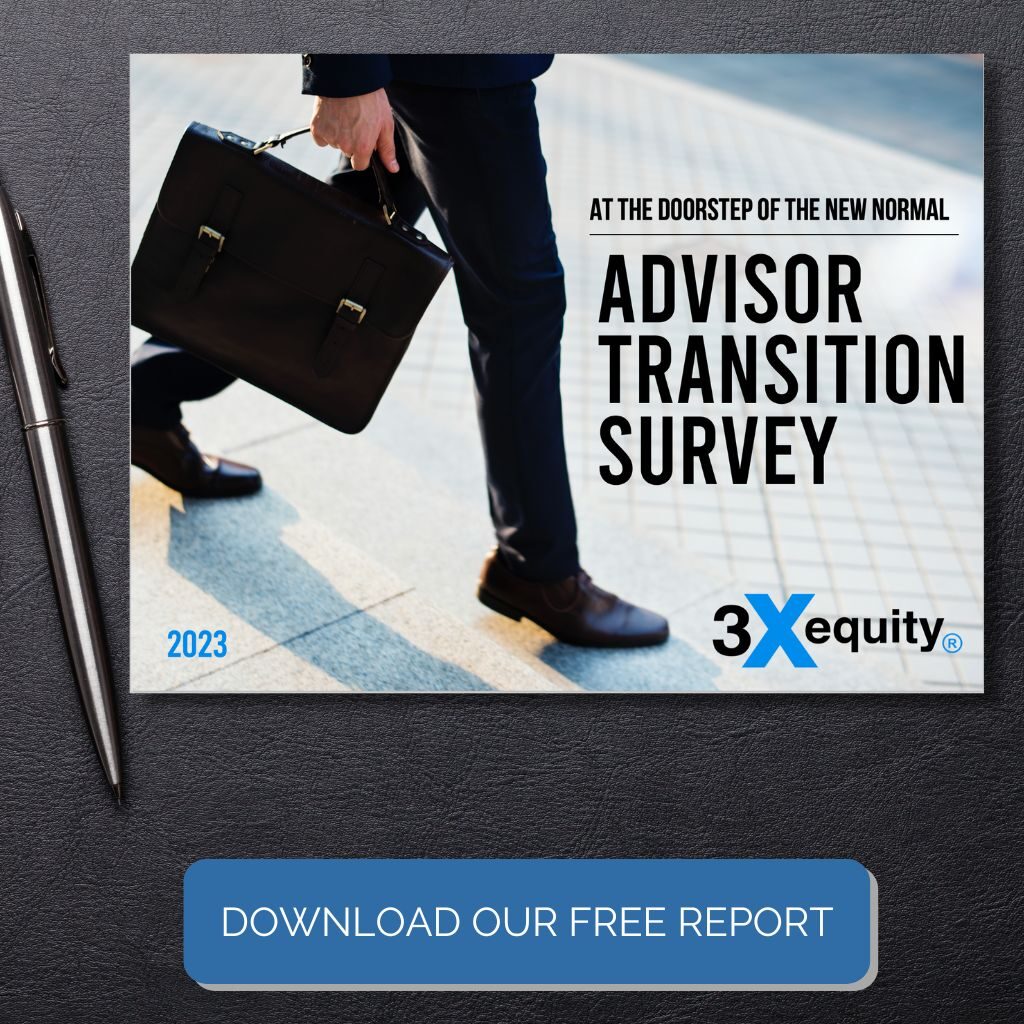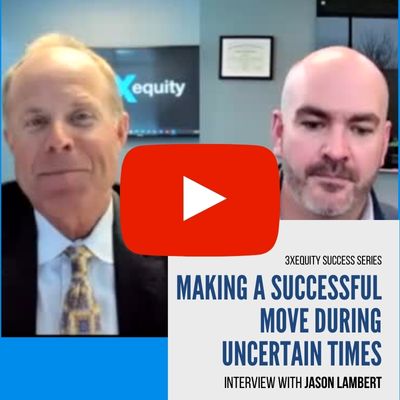Morgan Stanley walks to the beat of its own drum at the moment. As of today they are the only legitimate global investment bank/brokerage force left that can claim scale in sheer numbers and a ‘smorgasbord’ of investment banking products to go along with globally available branch offices and traditional wealth management roles and responsibilities – while not being principally owned by a bank (Hi Merrill – no longer called Merrill Lynch by BofA).
The truth of the above can be seen by some as a plus but by others an albatross around the neck of tenured and successful advisors. Just look at the numbers over the past twelve months. Morgan Stanley remains in the top three of firms with net outflows of advisors and their client assets.
And no amount of legal shoe polish can clean up a reputation which has been further soiled by Morgan Stanley’s hardline decision to exit the broker protocol and attempt to enter into draconian contracts with its advisors further indenturing their efforts as the firm’s property as opposed to their own work product.
In the financial services industry the term ‘golden handcuffs’ used to be viewed positively as the stock performance of the firm you chose to be employed by shared in your and their collective success; enriching the long term prospects of an advisor’s net worth.
But the gold has been severely tarnished across the industry – and in the case of Morgan Stanley turned to rust.
Injunctions, TRO’s, legal battles, hard-fought arbitrations, annual comp grid fine print, inter-team contracts created to benefit the firm rather than clients and team members. In so many ways, working for Morgan Stanley as a successful advisor has become the wealth management equivalent of ‘The Hunger Games’. **Hmmm – wasn’t there an embarrassing management video fashioned after those movies that surfaced a few years back.
Life imitating fiction is the heading that Morgan Stanley would fall under at this point. A satire video regarding the ’survival’ of management team members can now be applied to the entire Morgan Stanley broker ranks.
Can anyone give us an estimate on a pair of rusty handcuff? As to both their efficacy and dollar value? Exactly.




